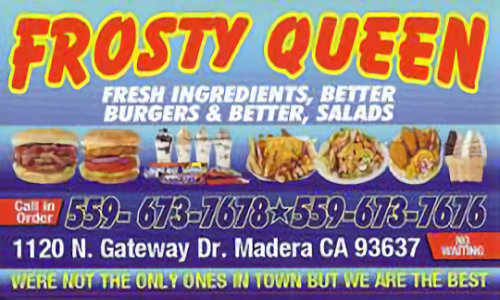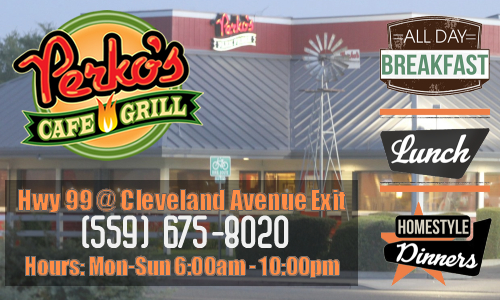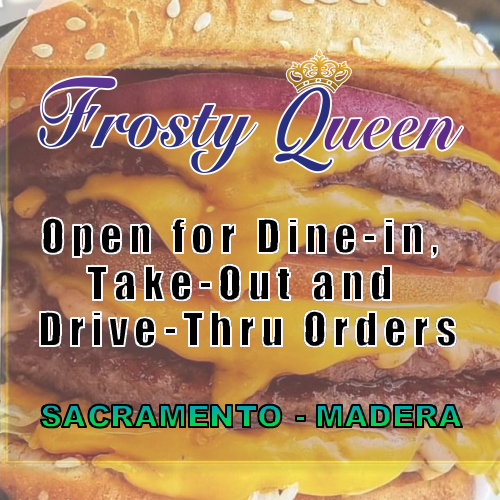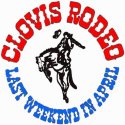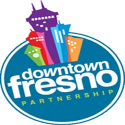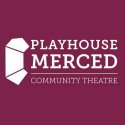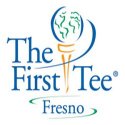 Carole Gostanian (80) was born on December 13, 1934 in Fresno, California to parents, Leo and Vivien (Michaelian) Gostanian. She passed away on April 20, 2015 in Fresno, California.
Carole Gostanian (80) was born on December 13, 1934 in Fresno, California to parents, Leo and Vivien (Michaelian) Gostanian. She passed away on April 20, 2015 in Fresno, California.
Carole Gostanian, the colorful and sometimes contentious owner of Penny Candy — a Fresno book shop turned novelty store in the 1960s that sold everything from pet rocks to adult gifts and drug paraphernalia — died last Monday at the age of 80.
While Ms. Gostanian had a plethora of other ventures over the years — a coffee shop that became known as Fresno’s first gay bar, unsuccessful runs for local public office, a restaurant out of renovated trolley cars, a Halloween supplies shop, “Grandpa Charlie Marinades” and bacheloretteparty.com — nothing put her in the Fresno spotlight quite like Penny Candy.
Her shop — its final and best-known location at Blackstone and Michigan avenues in central Fresno — was an early draw for shoppers eager to browse hundreds of posters, T-shirts and bumper stickers. It became a one-of-a-kind fixture in Fresno for decades that garnered criticism and fascination from residents.
A Bee story printed in November 1976, titled “Offending Everybody,” described Penny Candy and its already high-profile owner:
“And controversial, sharp-tongued Carole, who has clashed with bankers, city planners, fire marshals, politicians and millionaire businessmen, has gained a place in the spotlight of public notoriety, if not on the stage, radio and TV like she dreamed in the days of yore growing up amongst the vines.”
Later in the story, Ms. Gostanian quipped: “I’ve been turned down for loans by everybody. Bankers could never see a need for a business like this.”
The lifelong Fresno resident and proud Armenian woman died of congestive heart failure after breaking her back in January. One of her former employees at Penny Candy, Tony Stamolis, 44, couldn’t believe it.
“Until last fall, it didn’t register in my brain that she was even old — and she was 79 at the time,” Stamolis said. “It just never ever occurred to me that she could actually die. She seemed indestructible, and she was super active until she took that fall in January. She was always on the go.”
Stamolis recalled one of his first days on the job at Penny Candy at age 15. “She made me put on this fluorescent painter suit, the brightest thing she could find, and I think she put either a Nixon or a Reagan mask on me, and she had this ginormous like adult-size push scooter. So she made me — with a Penny Candy shirt over the thing, or like a placard display — ride up the street. And then she said, ‘Ride around the Manchester Mall.’ Of course, I was removed physically by security.”
Before Penny Candy was born, Ms. Gostanian graduated as a speech major with a minor in English and education from Fresno State and worked as a substitute teacher for a short time before opening the Orange Ogre Expresso Coffee House & Gourmet Kitchen in downtown Fresno in the early 1960s. Sister Joyce Kierejczyk called it one of Fresno’s first “beat hippie scenes” — literally a swingin’ spot where customers could hop on an indoor swing while watching folk singers or drag shows.
Kierejczyk said accomplished Armenian oud player Richard Hagopian played his first show at the Orange Ogre. By the mid-1960s, Ms. Gostanian had also opened a restaurant out of renovated trolley cars in south Fresno. But while she loved the businesses, Kierejczyk said they weren’t making much of a profit.
On a fluke in 1968, Ms. Gostanian sent her younger sister to ask a struggling bookstore owner across from Fresno State if he’d sell his shop for $1,000. The sisters, both avid readers, liked the idea of owning a bookstore — maybe have a cat to add character while they lounged around reading poetry, that kind of thing. Neither had $1,000. But to their surprise, the owner said to bring him the money the next day and he’d sell them the place, books and all.
They called their mom: Can we have $1,000 to buy a bookstore? Also to their surprise, she said yes.
And so, Penny Candy was born.
The name was Ms. Gostanian’s idea, meant to represent the candy she could always buy for a penny as a child. She insisted it was a highly American name.
They sold off most of the books — largely unwanted textbooks that failed to entice Fresno State students — and bought literature, poetry, works they liked. One day, a woman came by with a car full of posters, insisting they were the new “big thing.” Excited, they bought three: James Dean, Marlon Brando and Marilyn Monroe. They sold fast. From that point on, Penny Candy began its legendary shift from bookstore to novelty shop.
“You name the trend, and we would have it,” Kierejczyk said.
In 1975, the sisters moved into a new store along Blackstone Avenue that they had specially built. Kierejczyk left the business to raise her children, and Ms. Gostanian became its sole owner, operating Penny Candy until 1999. Her sister said Ms. Gostanian closed the doors largely because she couldn’t deal with the growing number of shoplifters.
In Penny Candy’s heyday, it got a reputation for selling “naughty” adult cards, posters and gifts, which customers often asked to have discretely slipped into inconspicuous brown bags.
But Kierejczyk said Ms. Gostanian worked hard to keep children away from those items, separating them with a swinging door that led to a special section of the store that she guarded with a stern hand. And while Ms. Gostanian was socially and politically “very left,” she didn’t like drinking or drugs.
She ran unsuccessfully for Fresno City Council in the 1970s and for the State Center Community College District Board of Trustees in the early 1990s.
In a story printed in The Bee in 1973, Ms. Gostanian called herself “a concerned citizen who believes that city government can be fair and effective only when the citizenry takes an active interest in city government and when those elected to public office are more concerned with the needs of the community as a whole than they are with representing special interests.”
She would later inject more humor into her campaign, evident in a Bee story from 1977: “Downtown should be a Disneyland, she says, with craft shows and costumed characters to entertain the young and old. ‘All the city’s done so far for the mall is stick in some dead statues,’ she says.”
Of her decision to run for public office, she once said, “I wanted to see my name on the ballot. Running for City Council is about the only free thing you can do in Fresno.”
Her sister admired her sister’s diverse interests and go-getter attitude. “A lot of people have ideas on the table but it never gets off the table. … Carole would actually do it, constantly.”
She said her eccentric sister, who never married, was very accepting of people and “very for peace” — even if what came out of her mouth wasn’t always emblematic of that.
“I think Carole was pretty gruff on the outside most of the time, but inside she was pretty much a marshmallow,” Kierejczyk said. “Any underdog she was for. She pretty much had a heart of gold, she really did.”
Carole is survived by her sister, Joyce Kierejczyk and her husband, Bob; two nieces, one great niece, and two great nephews.
A Celebration of Life will be held on Saturday, May 2, 2015 at 12:00 Noon at the Kierejczyn Home.
Remembrances may be made to the California Armenian Home, 6720 E. Kings Canyon Road, Fresno, CA 93727; Pilgrim Armenian Congregational Church, 3673 N. First St., Fresno, CA 93726; or donor's favorite charity.










